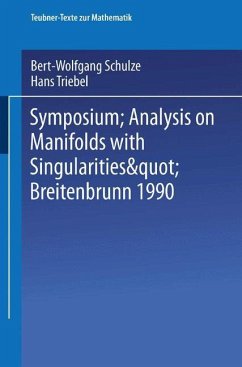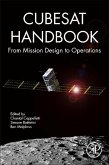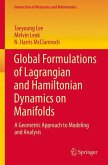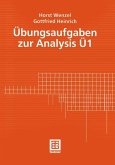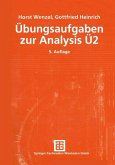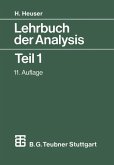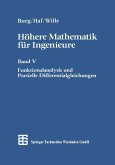The present Teubner-Text contains the contributions from the International Workshop "Analysis in Domains and on Manifolds with Singularities", Breitenbrunn, Germany, 30. April-5. May 1990. In recent years the analysis on manifolds with singularities became more and more interesting, not only because of the progress in solving corresponding singular problems in partial differential equations but also of the new relations to other parts of mathematics such as geometry, topology and mathematical physics. Other motivations come from concrete models in engineering and applied sciences which lead to partial differential equations in domains with a piece-wise smooth geometry (conical points, edges, comers, ... , higher singularities), piece-wise smooth data or boundary and transmission conditions, degenerate coefficients, and so on. There are natural relations to the numerical analysis where also the asymptotics of solutions close to the singularities playa role. As for the smooth casesit is necessary to develop structure principles and unified theories that cover as much as possible the huge variety of concrete situations, often being treated by individual papers under very specific assumptions.
Hinweis: Dieser Artikel kann nur an eine deutsche Lieferadresse ausgeliefert werden.
Hinweis: Dieser Artikel kann nur an eine deutsche Lieferadresse ausgeliefert werden.

